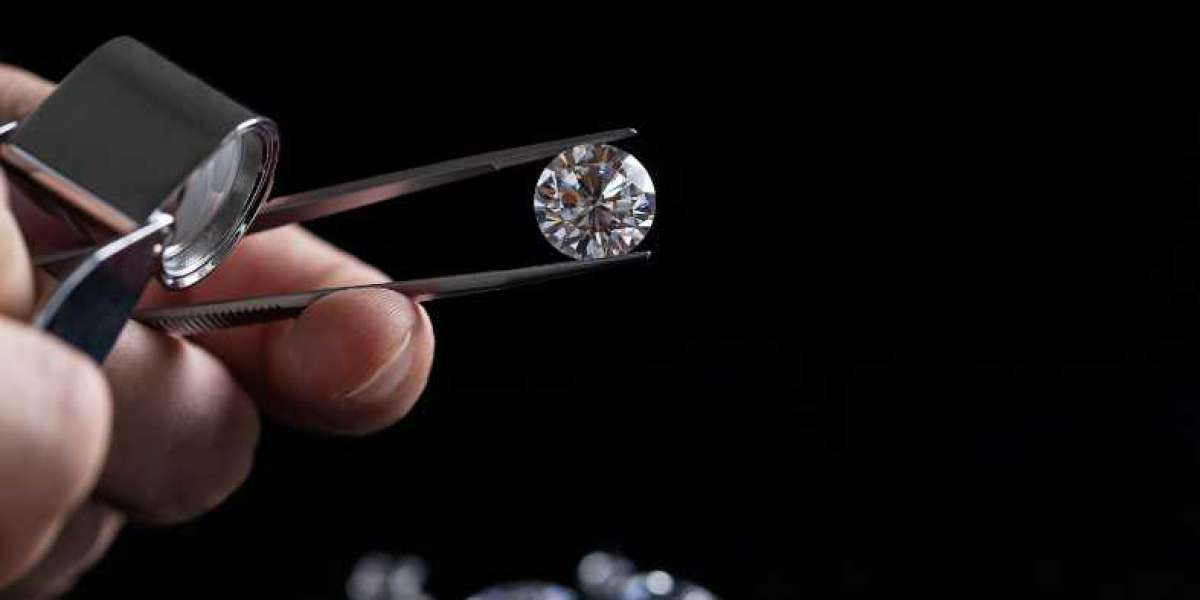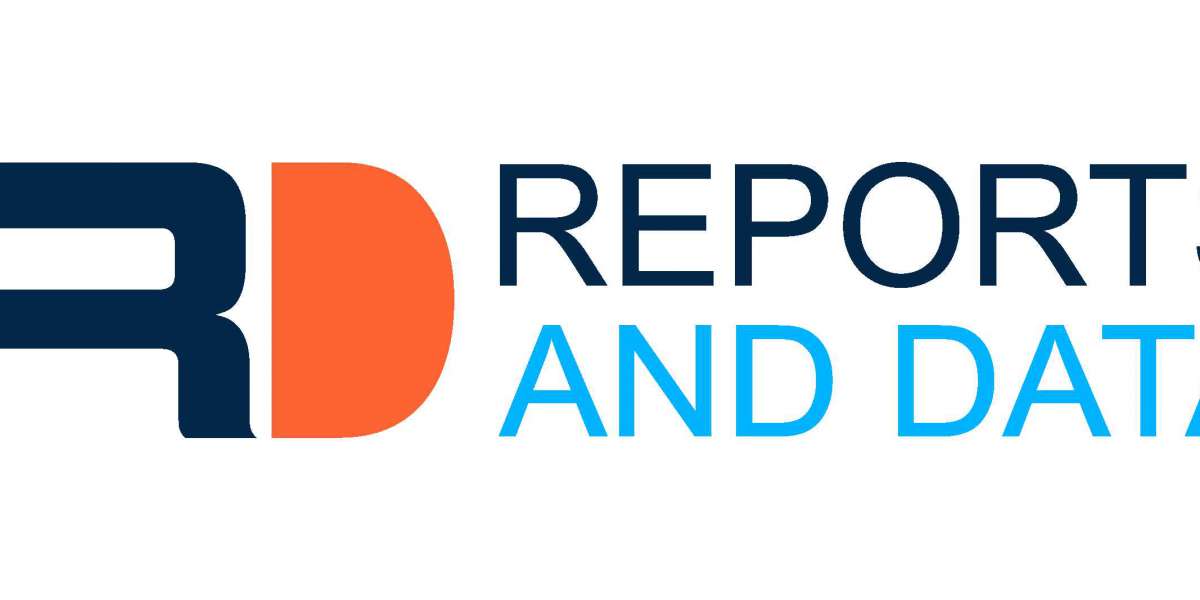When diving into the world of diamonds, especially those of the lab-grown variety, two names stand out prominently: IGI vs GIA. For those new to the realm of precious stones, deciphering the difference between "IGI vs GIA lab grown" certifications can seem like a challenge. However, understanding this distinction is crucial for anyone considering a purchase in the modern diamond market. Let’s delve deeper into the contrasts and comparisons of "IGI vs GIA lab grown" diamonds and shed light on which might be the better choice for you.
Valuable Information:
- Understanding IGI and GIA: A Brief Overview
IGI (International Gemological Institute): Founded in 1975, IGI is one of the most reputed organizations for gemstone and jewelry certification and appraisal. Over the decades, IGI has gained recognition, especially in the field of lab-grown diamonds. Their reports are comprehensive and are trusted by jewelers and consumers alike.
GIA (Gemological Institute of America): Established in 1931, GIA is often considered the gold standard in gemology. While they've historically focused on natural diamonds, they've also ventured into lab-grown diamond grading. Their certificates are revered globally for their meticulous detail and accuracy.
- Grading Consistency and Precision
While both IGI and GIA have a rich history and considerable expertise, there's a perception in the industry that GIA tends to be stricter in its grading, especially when it comes to color and clarity. This doesn’t necessarily mean IGI is lenient, but rather that their grading might occasionally be more generous.
- Report Detail and Presentation
GIA reports are renowned for their thoroughness and clarity. They provide an in-depth analysis of the diamond's 4Cs (Cut, Color, Clarity, and Carat weight) with a plotted diagram of inclusions. IGI reports, on the other hand, offer a similar level of detail but are sometimes perceived as more consumer-friendly, especially for those new to diamond terminology.
- Pricing and Value
Generally, diamonds certified by GIA tend to fetch a higher price in the market, mainly due to the institute's esteemed reputation. However, IGI-certified lab-grown diamonds can offer excellent value for money. For consumers on a budget but unwilling to compromise on quality, IGI-certified diamonds can be a viable option.
- Geographic Preferences
For US and UK consumers, GIA is often the go-to certification due to its longstanding reputation and familiarity in these regions. However, IGI has made significant inroads, especially in Europe and Asia, and is steadily gaining ground in the US and UK markets.
- Lab Grown Expertise
In the realm of IGI vs GIA lab grown diamonds, IGI has an edge given its early and extensive involvement in the lab-grown diamond sector. They've been certifying lab-grown diamonds for years, whereas GIA started doing so more recently. However, GIA's reputation in gemology lends credibility to their lab-grown diamond certifications as well.
Conclusion:
Choosing between "IGI vs GIA lab grown" diamonds boils down to individual preferences, trust in the certification, and budget considerations. Both institutes offer reliability and expertise, ensuring that consumers can confidently invest in a gemstone that suits their needs. As the lab-grown diamond industry continues to evolve, both certifications will undoubtedly remain key players in shaping its future.








